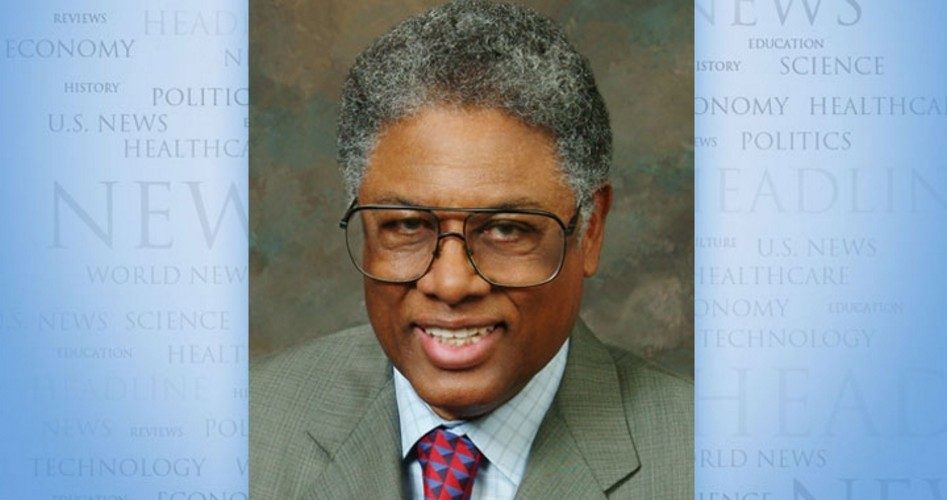
Years ago, someone said that, according to the laws of aerodynamics, bumblebees cannot fly. But the bumblebees, not knowing the laws of aerodynamics, go ahead and fly anyway.
Something like that happens among people. There have been many ponderous academic writings and dour editorials in the mainstream media, lamenting that most people born poor cannot rise in American society any more. Meanwhile, many poor immigrants arrive here from various parts of Asia, and rise on up the ladder anyway.
Often these Asian immigrants arrive not only with very little money, but also very little knowledge of English. They start out working at low-paid jobs but working so many hours, often at more than one job, that they are able to put a little money aside.
After a few years, they have enough money to open some little shop, where they still work long hours, and still save their money, so that they can afford to send their children to college. Meanwhile, these children know that their parents not only expect, but demand, that they make good grades.
Some people try to explain why Asians, and Asian-Americans, succeed so well in education and in the economy by some special characteristics that they have. That may be true, but their success may also be due to what they do not have — namely “leaders” who tell them that the deck is so stacked against them that they cannot rise, or at least not without depending on “leaders.”
Such “leaders” are like the people who said that the laws of aerodynamics showed that the bumblebee cannot fly. Those who have believed such “leaders” have in fact stayed grounded, unlike the bumblebees.
A painful moment for me, years ago, when I was on the lecture circuit, came after a talk at Marquette University, when a young black student rose and asked: “Even though I am graduating from Marquette University, what hope is there for me?”
Back in the 1950s, when I was a student, I never encountered any fellow black student who expressed such hopelessness, even though there was far more racial discrimination then. We knew that there were obstacles for us to overcome, and we intended to overcome them.
The memory of that Marquette student came back to me, years later, when another black young man said that he had wanted to become a pilot, and had even planned to join the Air Force in order to do so. But then, he said, he now “realized” that “The Man” would never allow a black guy to become a pilot.
This was said decades after a whole squadron of black fighter plane pilots made a reputation for themselves in World War II, as the “Tuskegee Airmen.” There have been black generals in the Air Force.
Both these young men — and many others — have learned all too well the lessons taught by race hustlers, in their social version of the laws of aerodynamics, which said that they could not rise.
You don’t hear about racial “leaders” like Al Sharpton and Jesse Jackson among Asians or Asian-Americans. Here and there you may see some irresponsible academics peddling that line in the classroom — some of whom are of Asian ancestry, since no race of human beings is completely lacking in fools.
But they do not get the same attention, or draw the same following, as race hustlers operating in black or Hispanic communities. By and large, Asian youngsters rise and fly.
Other groups in times past also arrived on these shores with very little money and often with very little education, at least during the immigrant generation.
A poem by Carl Sandburg, back during that era, referred to a Jewish fish peddler in Chicago: “His face is that of a man terribly glad to be selling fish, terribly glad that God made fish, and customers to whom he may call his wares from a pushcart.”
This fish peddler probably had not gone to college, and so had no one to tell him that he couldn’t make it, and that his children couldn’t rise, because this was such a terrible country.
No one can claim that there was no anti-Semitism in America, any more than they can claim that there was never any anti-Asian discrimination. There was plenty of both. But that is very different from following “leaders” whose message would only keep them grounded, after the skies were open to them as never before.
Thomas Sowell is a senior fellow at the Hoover Institution, Stanford University, Stanford, CA 94305. His website is www.tsowell.com. To find out more about Thomas Sowell and read features by other Creators Syndicate columnists and cartoonists, visit the Creators Syndicate Web page at www.creators.com.
COPYRIGHT 2013 CREATORS.COM
Related article:

